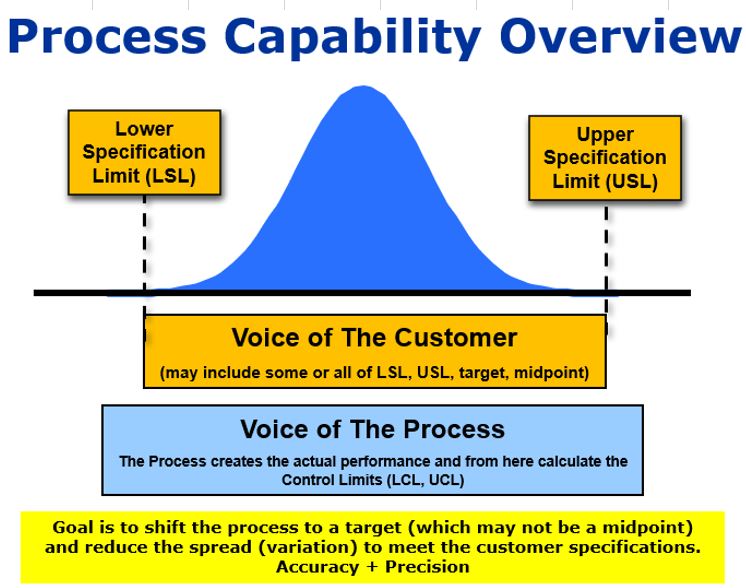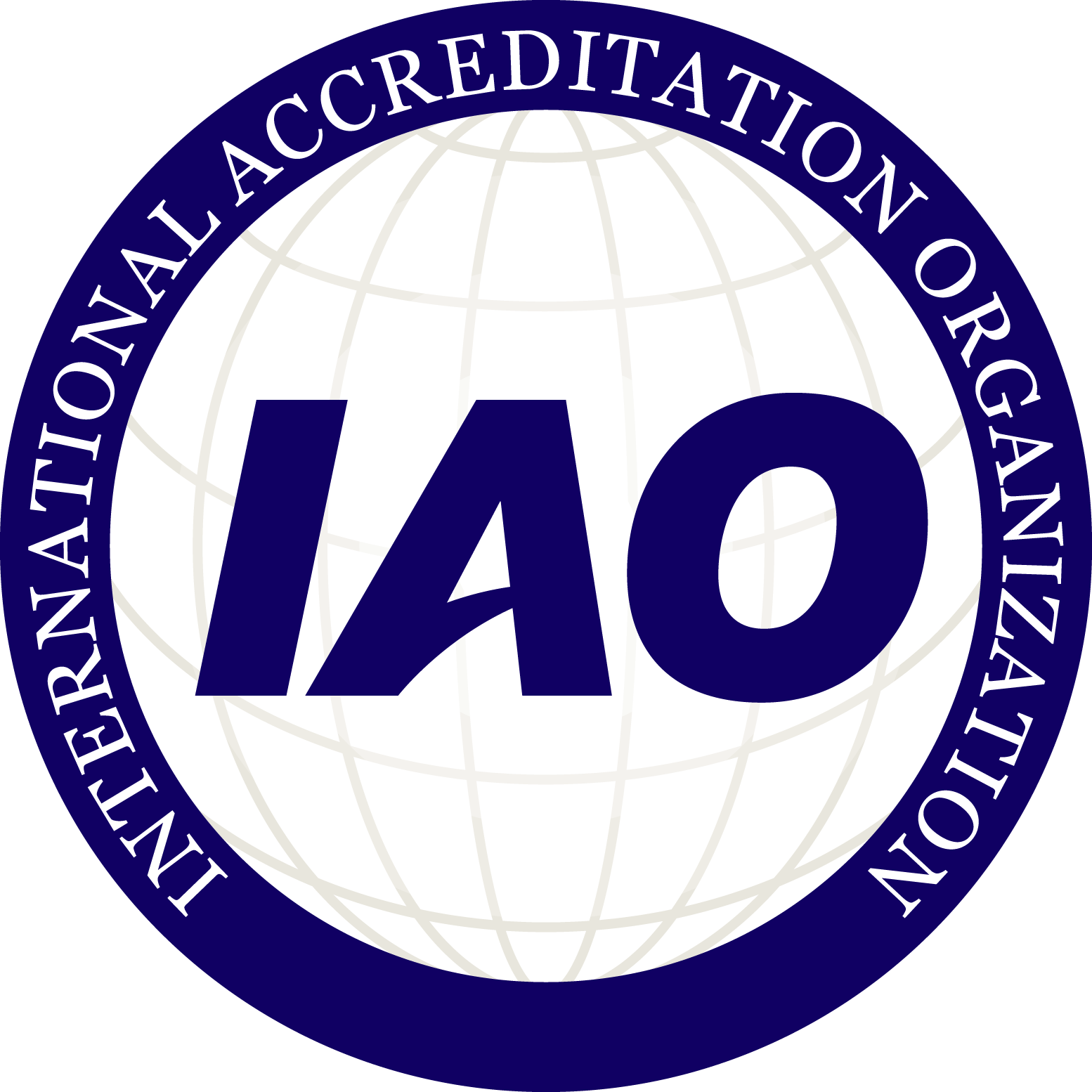Process Capability Training
 In today’s competitive business landscape, delivering high-quality products and services while maintaining operational efficiency is paramount. Process Capability Training is a vital component of a robust quality management strategy, ensuring that your processes operate within defined tolerances and consistently meet customer expectations. At Swades QMS, we are dedicated to empowering businesses like yours to achieve excellence through comprehensive Process Capability Training. Our trainers are seasoned professionals with extensive experience in quality management and process optimization across various industries. We understand the critical role that process capability plays in driving organizational success and continuous improvement. Our tailored training programs are designed to equip your team with the knowledge and skills they need to optimize processes, reduce variations, and elevate overall performance.
In today’s competitive business landscape, delivering high-quality products and services while maintaining operational efficiency is paramount. Process Capability Training is a vital component of a robust quality management strategy, ensuring that your processes operate within defined tolerances and consistently meet customer expectations. At Swades QMS, we are dedicated to empowering businesses like yours to achieve excellence through comprehensive Process Capability Training. Our trainers are seasoned professionals with extensive experience in quality management and process optimization across various industries. We understand the critical role that process capability plays in driving organizational success and continuous improvement. Our tailored training programs are designed to equip your team with the knowledge and skills they need to optimize processes, reduce variations, and elevate overall performance.
What is Process Capability?
Process Capability refers to the ability of a process to consistently produce outputs that meet the desired specifications within defined limits. In other words, it assesses how well a process can perform its intended function while minimizing variations and adhering to predetermined quality standards.
When a process is deemed “capable,” it implies that the majority of its outputs fall within acceptable tolerance levels, resulting in a predictable and stable performance. On the other hand, an “incapable” process exhibits excessive variations, leading to a higher likelihood of defects and deviations from the desired outcomes.
Process Capability is a crucial concept within the realm of quality management and is often associated with Six Sigma methodologies. By understanding and improving process capability, organizations can streamline operations, reduce waste, enhance customer satisfaction, and achieve higher levels of efficiency.
Benefits of Process Capability Training
Improved Process Efficiency and Productivity
Process Capability Training equips your workforce with the knowledge and techniques to streamline processes and optimize workflow. By identifying and eliminating non-value-added steps, bottlenecks, and inefficiencies, your team can work more effectively and productively. As processes become more capable, they require less time and resources, leading to increased overall efficiency and faster turnaround times.
Enhanced Quality and Customer Satisfaction
Quality is paramount in maintaining customer satisfaction and loyalty. Through Process Capability Training, your employees learn how to control process variations and consistently meet customer requirements. By reducing defects and ensuring products or services adhere to specifications, you enhance quality and deliver consistent excellence, thereby bolstering customer trust and satisfaction.
Reduction in Defects and Waste
Process Capability Training enables your team to identify and address root causes of defects, reducing the occurrence of errors and waste. By understanding the importance of stable and capable processes, your workforce becomes better equipped to maintain quality standards and minimize rework, scrap, and unnecessary expenses.
Data-Driven Decision Making
Process Capability Training emphasizes the collection and analysis of data to evaluate process performance. Armed with this data-driven approach, your employees can make well-informed decisions based on empirical evidence rather than relying on guesswork or intuition. This data-centric decision-making process allows for more precise problem-solving and ensures that improvements are targeted and effective.
Increased Competitiveness in the Market
In today’s fiercely competitive business landscape, organizations must continuously strive for excellence to stand out from the crowd. Process Capability Training equips your team with the tools to achieve operational excellence and deliver consistent, high-quality products or services. This leads to increased customer loyalty, positive word-of-mouth, and a strong reputation, positioning your business as a top choice in the market.
Swades QMS Process Capability Training Solutions
Customized Training Programs
At Swades QMS, we understand that every business is unique, with its own set of challenges and objectives. That’s why we offer fully customized Process Capability Training programs tailored to address your specific needs. Our expert team works closely with your organization to assess your current processes, understand your goals, and develop training content that aligns with your industry and requirements. This personalized approach ensures that your team gains relevant knowledge and practical skills that can be immediately applied to enhance process capability within your organization.
Expert Instructors and Facilitators
Our Process Capability Training is delivered by industry experts who possess extensive experience in quality management, process optimization, and continuous improvement methodologies. These seasoned professionals are not only subject matter experts but also skilled facilitators who create engaging and interactive learning environments. They understand the challenges businesses face and can effectively communicate complex concepts in a clear and understandable manner. With Swades QMS instructors, your team benefits from a rich learning experience that fosters knowledge retention and promotes meaningful discussions.
Hands-on Practical Exercises
We believe that true learning occurs through hands-on experience. Our Process Capability Training includes a variety of practical exercises that allow participants to apply their newly acquired knowledge in simulated real-world scenarios. These exercises enable your team to analyze process data, calculate capability indices, and interpret the results. By engaging in hands-on activities, your employees gain confidence in their abilities and develop a deep understanding of how to implement process capability improvements in their day-to-day work.
Real-world Case Studies
Our training programs go beyond theory by incorporating real-world case studies from various industries. These case studies showcase successful process capability improvement initiatives implemented by organizations like yours. By examining these practical examples, your team gains valuable insights into how process capability concepts can drive tangible business improvements. Drawing from these real-life success stories, your employees are inspired and equipped to develop innovative solutions tailored to your organization’s unique challenges.
State-of-the-Art Training Facilities
At Swades QMS, we believe that the learning environment plays a significant role in the effectiveness of training. Our state-of-the-art training facilities are equipped with the latest technology and tools necessary for delivering immersive and impactful training experiences. Whether you choose in-person training at our top-notch facilities or opt for on-site training at your location, you can rest assured that our training environments are designed to maximize engagement and knowledge retention.
Training Content
- Process Capability Indices
- Process Performance Indices
- Process Capability Study
- Sampling Plan
- Process Capability for Attributes Data
- Process Capability for Non-Normal Data
- Process Performance Vs Specification
- Natural Process and Specification Limits
- Process Performance Metrics
- Short Term Capability
- Long Term Capability
- 5 Sigma Shift
Who Should Attend Process Capability Training?
Process Capability Training benefits a diverse range of professionals involved in quality management and operations. This training is essential for Quality Managers, Process Engineers, Manufacturing and Operations Managers, and Leadership and Decision-Makers. Quality Managers and Professionals learn to assess process performance and lead improvement initiatives. Process Engineers and Analysts gain skills to optimize processes and identify inefficiencies. Manufacturing and Operations Managers can make data-driven decisions for increased efficiency. Leadership and Decision-Makers understand process capability’s impact on strategic decision-making, leading to business excellence and competitiveness.

